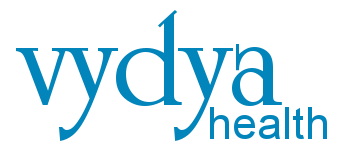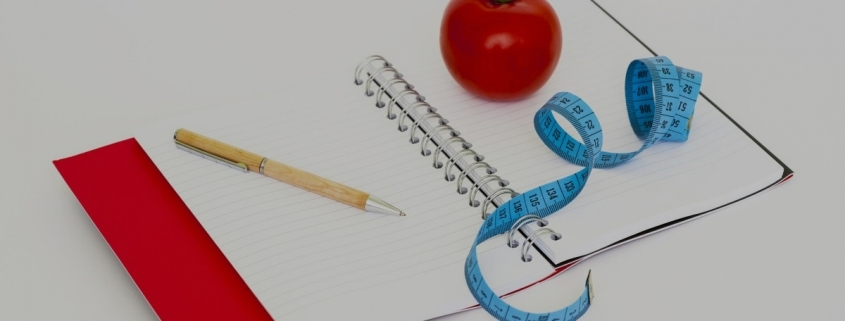Planning for a Successful Weight Loss Journey
Anything truly worth doing is going to present challenges or hurdles that have to be overcome to find success. It doesn’t matter if it’s building a new career, changing jobs, overcoming addiction or losing weight. These kinds of challenges involve firm commitments to making changes in your lifestyle and finding a plan you know will work if you stick with it.
Managing Negative Thoughts and Behaviors
Negative emotions of guilt and low self-esteem can cloud the clarity of mind that is needed to plan for the challenges lying ahead. We develop our eating habits in several ways, outside what our mothers told us was healthy to eat when we were young. Eating and drinking habits are closely associated with mental or psychological issues that are oftentimes stored in the subconscious.
The early morning hours are the critical times of the day, and the attitude we wake up with or that we foster early in the morning is the one that often stays. This is also the time of the morning cravings for our favorite foods begin to pre-register in our brains as a type of mental ‘menu’ for later. You might find it hard to go without your favorite sugar-coated cereal first thing in the morning without feeling somewhat depressed.
So many of us eat when we are bored or stressed out as a way of feeling better. These are the kinds of eating habits that are hardest to break. Scientific and medical research has proven without a doubt that various psychological issues usually must be overcome during weight loss endeavors.
[A Beginners’ Guide to Meditation]
Planning Meals and Executing Meal Plans
The first thing you eat as well as the last thing you eat on any given day must be planned to the letter for successful weight loss. Snacking, unless it’s with healthy fruits and vegetables, must be strictly regulated. Counting and burning the correct number of calories is imperative to getting the weight off. As a suggestion, eating kale chips is a leaner and healthier option than potato chips.
If planning healthy meals is something entirely new to you, try finding a service that can prepare your meals for you and ship them to you. There is a growing demand for this kind of service, and skillful chefs and other culinary masters are establishing meal prep companies that only prepare low-fat, nutritious foods for their clients. It might take some time to find the best meal prepping service to suit your needs, but it’s worth it.
The best meal prepping service will take meals and snacks into consideration, planning your healthy meals for you weeks or even months ahead, depending on how long you employ their services. Think about how much you would have to stock in your pantry and refrigerator to have everything you need at your disposal for healthy meals and snacks over a long period of time. The cost of signing up for a meal prep service will cost you much less. You would also be getting the right serving amounts of the most beneficial food ingredients chosen by knowledgeable chefs and dietitians. This may seem like a lot of information to take in, and might overwhelm some. The best thing to do is small things every day, until you are in a place where meal-prepping is completely doable.
Healthy Alternatives
Write out your cravings, and write out healthy replacements. Instead of buying waffles, brainstorm your tastes and see what fits best for you. You could make protein waffles, or instead of sugary cereal every morning, eating healthy probiotic yogurt, making fruit smoothies, or eating a banana with a side of peanut butter are all delicious items that don’t require gourmet chef skills.
[Significance of having a Healthy Breakfast in the Morning]
Taking small steps is essential to meal planning, and crucial to weight loss. This is something that should be enjoyable, because weight loss is enjoyable. By writing out your cravings, finding healthy replacements, picking breakfast options that give you energy as well as help you in your goals, your weight-loss journey becomes less of a journey and more of an adventure.
An Exercise Plan That Fits
On top of a meal plan, creating or finding an exercise plan that fits you is crucial. Every individual’s current fitness level and weight loss needs should be taken into account when developing an exercise plan. While aerobic exercise is extremely beneficial, some people might not be capable of going out jogging just yet. Baby steps like a long, brisk walk followed by light strength training exercises might be more appropriate to start with.
[Do It Yourself Yoga Program (1 Hour)]
Whatever the kind and the intensity, exercising four to five times a week will start the process. Don’t leave exercising to chance; rather, schedule it at the same time each day and don’t fail to follow through. Your body will soon get used to it and come to even expect it.
Start the Journey
The firm foundation provided by clearing the clutter in the mind, following a strict meal plan and exercising regularly will begin manifesting results over weeks and months. When you begin noticing results, this is when to kick up the intensities and durations of aerobic and strength training exercises for optimum weight loss results.

